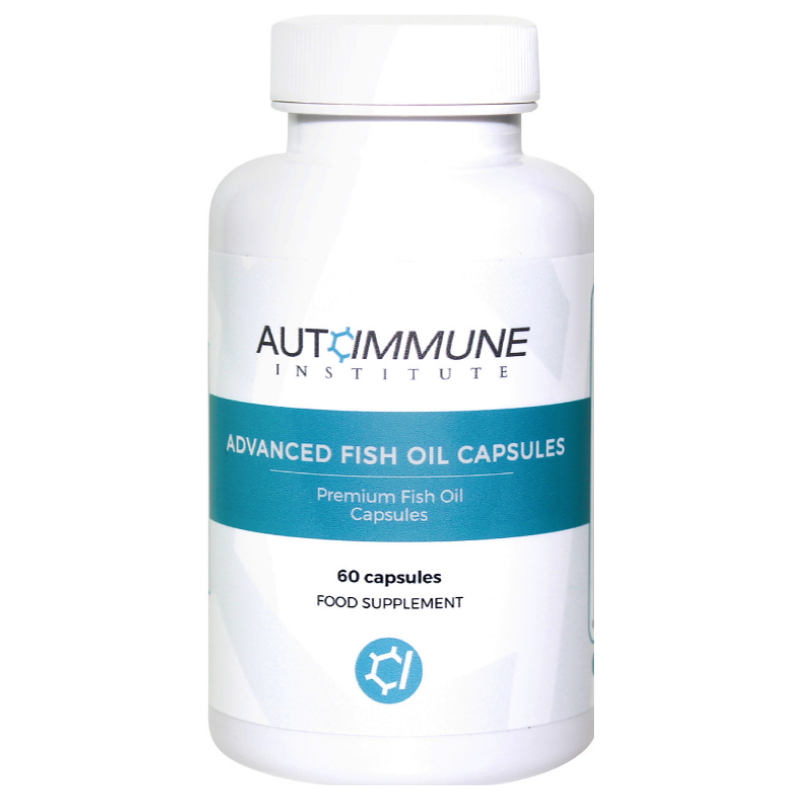- Health Solutions
- All Products
- Ultra Maca *NEW*
- Advanced Collagen V2
- Advanced D3 + K2
- Advanced Deep Sleep
- Advanced Digestives
- Advanced Fish Oil (Capsules)
- Advanced Glucosamine / Chondroitin Complex
- Advanced Lotus Spike Acupressure Mat
- Advanced Magnesium
- Advanced Multi
- Advanced Turmeric
- Advanced Vitality
- Prime FemFlow
- Pure BeeComplex
- Pure Bowel Relief
- Pure Flora V2
- Pure MetaBoost
- Pure Rest + Reset
- Ultra ProSupport
- Gift Cards
- Support
- Sign in
What is Bloating – and what to do about it
Do you ever find that you bloat?
It’s very common but can leave you feeling really sluggish and uncomfortable, perhaps sometimes burping or passing wind, and often with your trousers / skirt not fitting like it should.
I’ve certainly helped many people who said they were often so bloated initially that they felt like they were pregnant!
Its normally a sign of excess gas in the stomach but what causes this?
I should start by saying that bloating usually isn’t something to be overly worried about, and plenty can be done about it, but if concerned then you should see your doctor, especially if symptoms persist, or if you experience a lot of pain, weight loss or blood in your stools.
What causes Bloating?
There’s a few things that can lead to bloating / excess gas in the stomach. These include:
- Eating foods you are sensitive or intolerant to
- Swallowing too much air (which can happen when eating too fast, or when chewing gum, for example)
- Lack of enzymes or stomach acid (many people take stomach acid suppressants but this means you normally end up lacking sufficient stomach acid to break your food down)
- Eating foods that the body commonly finds difficulty to digest (such as beans, lentils, corn, oats, etc)
- Drinking a lot of fizzy drinks
- Being constipated
- Problems with gut bacteria
- Stress
- Hormonal Imbalances
What Can Be Done?
Luckily there are some steps that can be taken to help reduce / eliminate the amount of bloating that you may experience. These include:
Diet
A basic starting point with diet would be to keep a food diary, noting down everything that you eat and when, and also noting down on there when you bloat.
Over time you may be able to notice patterns in terms of certain foods that do cause bloating for you (and once you notice these you would ideally remove them from your diet for a period of time).
As already mentioned, things like beans, lentils, corn, fizzy drinks and oats can commonly be a problem, as can gluten and dairy, as well as high “FODMAP” foods (a Google search will show you what those are if interested).
Sometimes soaking beans, oats or nuts in water before eating them can help.
Fibrous foods can also sometimes trigger bloating but over time you do need to make sure you are getting sufficient amounts of fibre in your diet as it’s so critical for overall health.
This is one reason we sell our Advanced Fibre Formula product to help people easily get sufficient amounts of fibre in their diet.
Manage Stress
When you are stressed, you will often eat much quicker and don’t chew the food as well, both of which can cause bloating.
Stress also puts your body in a “fight or flight state” where digesting food isn’t its priority at that time and so it doesn’t get broken down as well as it needs to.
Therefore, managing stress can be very important to help reduce bloating.
Avoid Swallowing Too Much Air
- Reduce the amount of fizzy drinks you have
- Limit how much chewing gum you have
- Eat slowly and chew your food very well
- Avoid smoking
Gut Health
The health of your gut is very important for all aspects of health.
As well as a good diet, supporting your gut bacteria (click here for our friendly bacteria supplements like Advanced Flora and Advanced Protection), as well as taking steps to manage bacterial, candida or parasitic infections (which can be identified with our stool testing), can be important for supporting gut health.
Activated Charcoal
1g of activated charcoal at least 30 minutes before a meal and another 1g after the meal can ease excess gas / flatulence.
To find out more about our ultra high quality activated charcoal supplement then visit https://autoimmuneinstitute.com/pages/advanced-coconut-charcoal
I really hope that helps.
Follow
* Results Not Typical. All discussion about results on this website are based on individual findings where each circumstance is completely unique and may not be similar or the same as you. These products are not intended to diagnose, treat, cure or prevent any disease. The information on this Web site or in emails is designed for educational purposes only. It is not intended to be a substitute for informed medical advice or care. You should not use this information to diagnose or treat any health problems or illnesses without consulting your doctor.- Products
- Search
- Contact
- Privacy Policy
- Website Terms
- Wholesale
- Ambassador Programme
- Login
- Shipping & Return Policy
© 2025 Autoimmune Institute.
71-75 Shelton Street Covent Garden, London WC2H 9JQ United Kingdom. Wellness Autoimmune Ltd. All rights reserved.





